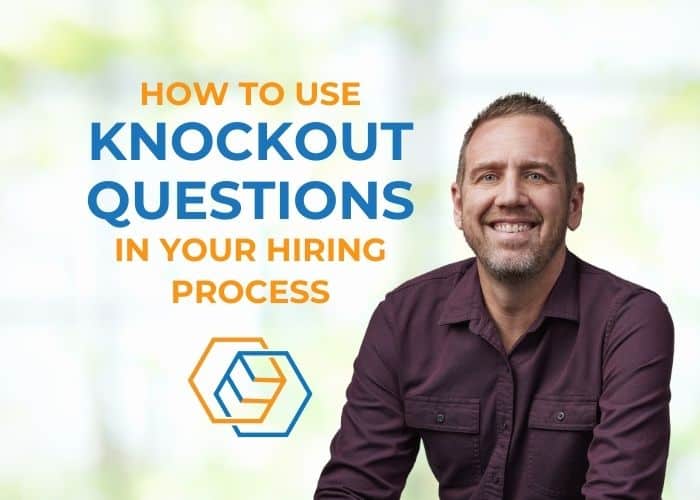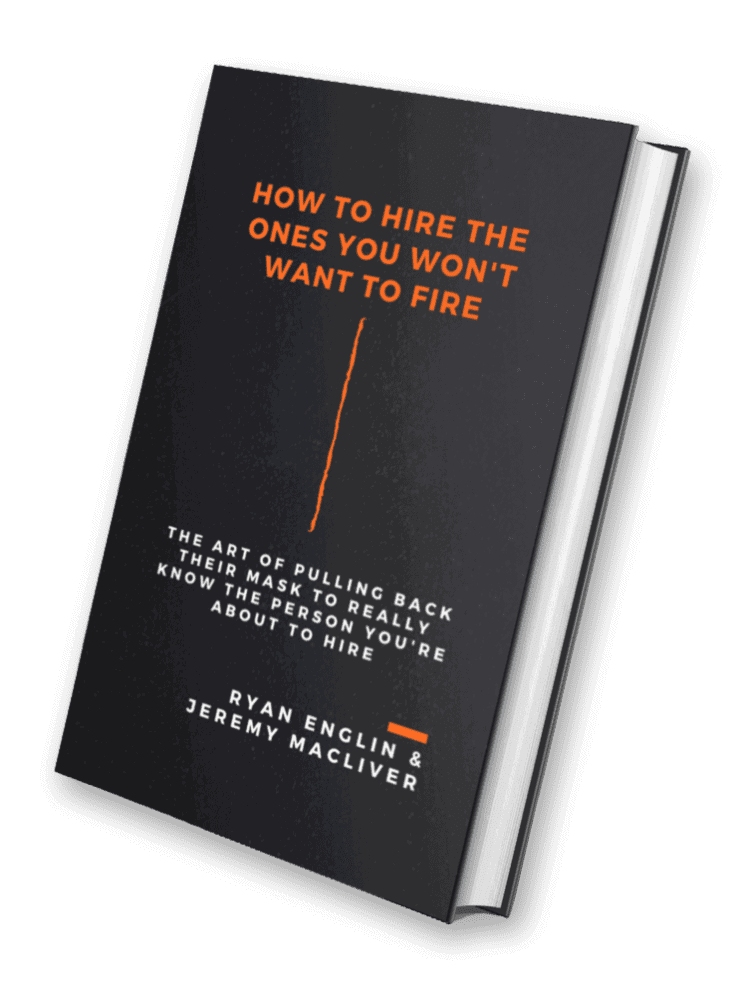How to Write an Effective Job Description and Attract the Best Candidates

Have you ever walked into an interview and wondered why someone applied to your job in the first place? In addition to lacking experience, it seemed like the applicant didn’t even read the job description you shared in your job ad. Not only is it a waste of time for both of you, but it could also mean the right candidate took another job while they were waiting to hear back from you.
Have you ever posted a job and waited…forever…for just a few applicants to trickle in? It’s especially heartbreaking if your company is turning away work or behind schedule because you don’t have enough people in place.
What about the guy you just hired, only to have him walk out after four days on the job? Another colossal waste of time for everyone. Worse, what kind of message does that send to the rest of your crew?
Whether it’s applicants with a lack of experience or people who are too far removed from your company’s core values, nobody wants to waste their time interviewing bad candidates.
Attracting the right people to your crew means you need to use the right wording in your job description. It’s a powerful tool when wielded properly. An effective job description will answer the following questions.
Who’s the Right Person?
Begin by defining your ideal craft workers. Make a list of what sets your great laborers apart from the others. What qualities are necessary to be successful in the position?
Are you looking for someone who is dependable and completes the job no matter what? Call that out in your job description. You can even go so far as to say “Don’t apply if…” to help deter the wrong person. For example: “Don’t apply if you call in sick every time you get the sniffles. Our crew relies on each other to finish the job every day. Dependability is key.” In addition to scaring away the person who is always calling in sick, it also tells the dependable applicant that you mean business when it comes to attendance and reliability. This can be very attractive to the right person.
What’s Your Culture Like?
Leading with a description of your company’s culture gives an applicant a clear picture of who they’re applying to work with. Do your crews play football during their lunch break? Highlight that. Is the work you do high-pressure and stressful? Be honest! The last thing you want to do is hire someone who doesn’t know what they’re getting into and then they quit within a few weeks of training.
Every company has a culture; it’s the values and behaviors that create your work environment. When writing an effective job description, be sure to include answers to the following questions:
- Who are you as an organization?
- What’s it like to work at your company?
- What’s it like to work on the crew?
- What does the crew do for fun?
- What does it look like when the crew is up against a deadline or pressure?
What’s It Like to Work for the Foreman?
An effective job description will talk about the management style. Describe what it’s like to report to the boss. Do they truly have an open-door policy? Are they approachable? Do they expect their craft workers to figure out problems independently?
The number one thing people wish they knew before applying for a job is what it’s like to work for the manager.
A great foreman makes a great crew. Attracting people who will fit in with the management style can be the difference in hiring the right person for the job.
Why Should They Apply?
These days, applicants are looking for more than a paycheck and health insurance. They want to know What’s In It For Me (WIIFM). Make sure your job description includes the benefits that set you apart from your competition.
Unique perks don’t have to be outrageous.
While your WIIFM perks could be paid parental leave or a complimentary dry cleaning service, it doesn’t have to be that elaborate. Benefits such as flex time, shifted work hours to avoid rush hour, quality training programs, and opportunities for advancement can be great for attracting the right applicants to your job postings.
If you’re having trouble thinking about what makes your company unique, ask your current crew why they stay at your company. You might be surprised by what they share. Use this information to develop an effective job description.
Tip: Ask your team to turn their feedback into an employee testimonial for your website and social media pages.
How Do You Assess Your Crew?
When you want to screen applicants, it’s important they know how you’ll assess them if they decide to accept a position with your company. Include how often and what metrics you’ll review. If you’re hiring for a position on a construction crew, safety and the proper use of tools will be key. If you’re recruiting for your sales team, the focus will be on customer satisfaction and sales numbers. Make sure whatever you assess is something the person has control over.
Being upfront about what you will be assessing allows you to screen applicants. If they aren’t up for the challenge, they’ll keep searching for a position. If they’re committed to excellence, they’ll be relieved to know what the expectations are, before clicking “apply.”
Did You Screen Applicants Who Aren’t Reading Your Job Description?
You may have heard of “Easter Eggs” in movies. These are intentionally hidden details that only the most observant viewers will notice.
You can use an Easter Egg in your job description to make sure people are actually reading the full post. One example is to weave in a sentence that says “When you get to question 12, let us know who your favorite Disney princess is.” Question 12 of the application would simply say “Please provide your answer from the question we asked in the job description.”
Applicants who are interested in the position will go back and review the job description if they forgot the question. It’s important that you don’t make this a required field. If the applicant skips the question, they aren’t that interested in the job. Use this as a way to screen applicants.
Start Attracting Top Laborers Today
Once you’ve uncovered your answers, you’ll be able to write an effective job description that will attract the best candidates. Sometimes, this is easier said than done. If you’re ready to build your crew with the right people, but don’t know where to start, we’re here for you. At Core Matters, we understand what attracts the top laborers to employers and are here to help you develop effective job descriptions to fill every position.



